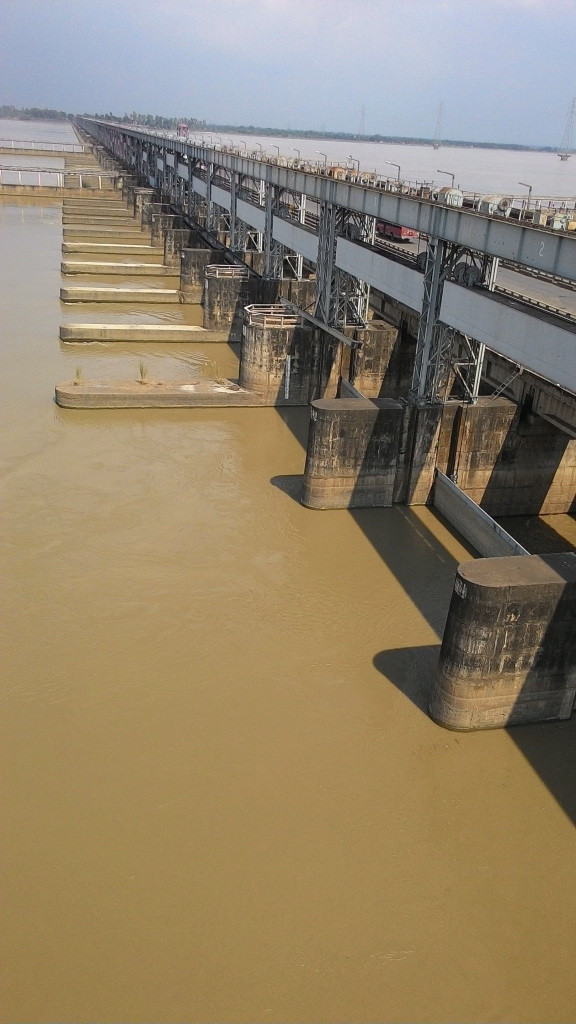Dhaka, May 15 2019 – An appeal has been made to the government of Bangladesh and all others concerned to start the process of renewal of the Ganges Water Treaty for a basin-wide integrated regional management of the river to keep it alive for its services to reach all people on its banks.
The appeal is from leaders of the International Farakka Committee (IFC) marking the 43rd anniversary of the Farakka Long March organized by Moulana Abdul Hamid Khan Bhashani. Moulana Bhashani led the long march to protest the drying up of the Ganges/Padma in Bangladesh as a consequence of water diversion and its massive adverse environmental impacts.
The IFC leaders said in a joint statement that the justification of the long march has been proved. The Indian state of Bihar has called for doing away with the Farakka Barrage.
The IFC statement said, Indian water experts have started raising voices that structures on rivers including the Cauvery, the Sabarmati and the Ganges have led to their drying up and are unsustainable. Rivers can remain alive only if they continue to flow from their points of origin to the sea, the IFC leaders said.
On May 16, 1976, Maulana Abdul Hamid Khan Bhashani led the historic long march towards the Farakka Barrage and crossed more than 100 kilometres on foot. The long march was the first popular protest against diversion of the Ganges demanding a rightful share of the water flowing through the river.
The signatories to statement were: IFC New York Chairman, Atiqur Rahman Salu, Secretary General, Sayed Tipu Sultan; IFC Bangladesh President, Prof. Jasim Uddin Ahmad, Senior Vice President, Dr. SI Khan, General Secretary, Syed Irfanul Bari, and IFC Coordinator, Mostafa Kamal Majumder.




